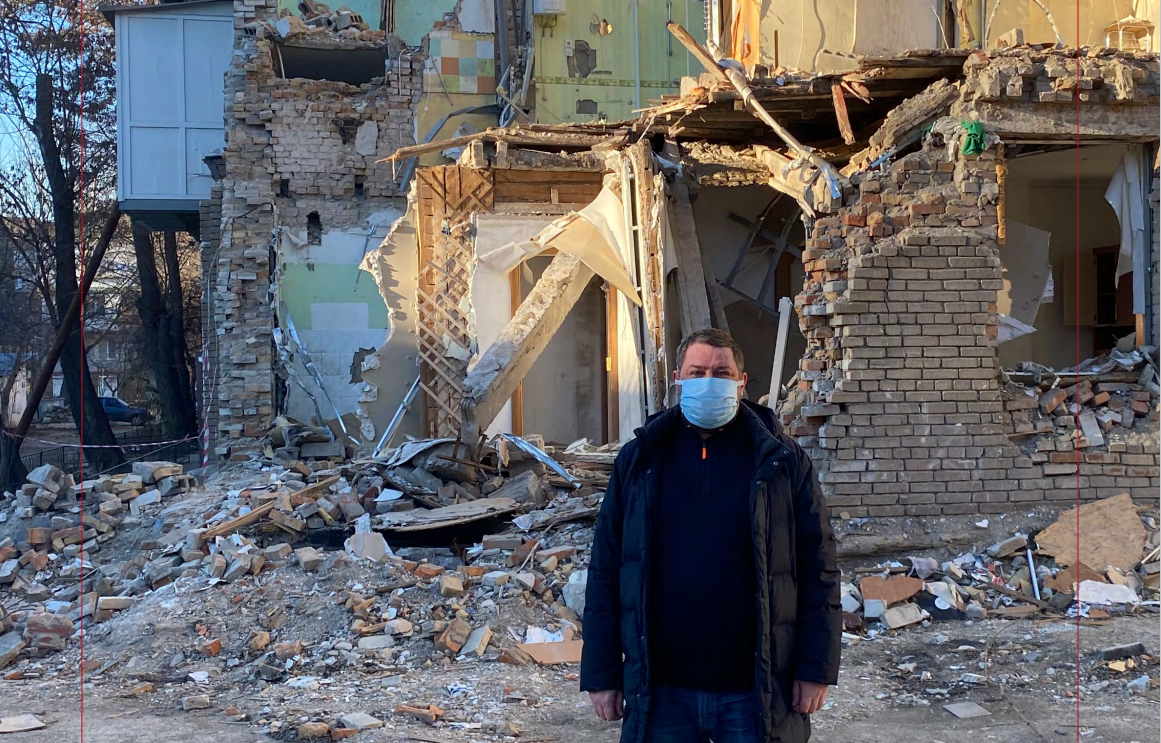Union for International Cancer Control (UICC)
Lung cancer: UICC
Briefs & Fact Sheets
24 Nov 2025

The conflict in Ukraine did not begin with the Russian invasion in 2022: since 2014, 1.5 million people had already been internally displaced in the occupied Donbas region in the east of the country on the border with Russia. However, by the end of September 2023, 3.7 million people were displaced within Ukraine and a further 5.8 million in other European countries. 9 million people had received humanitarian aid, with an estimated total of 17.6 million people being in need of assistance. Many health care facilities have been destroyed and there has been widespread disruption to health services and supplies of medication, affecting the whole continuum of care.
In the initial months of the war in 2022, more than 400 WHO NCD Kits were distributed. Since then, a list of prioritised essential NCD medicines has been drawn up, used where provision could be maintained in the west of the country and then in other regions. Ukraine’s own production of pharmaceuticals – such as insulin – was affected, requiring international suppliers to play more of a role. WHO and partners continue to work together to support care for NCDs such as diabetes, CVD and dialysis provision – and civil society organisations are also taking action, as the examples on cancer and diabetes in this case study care demonstrate.